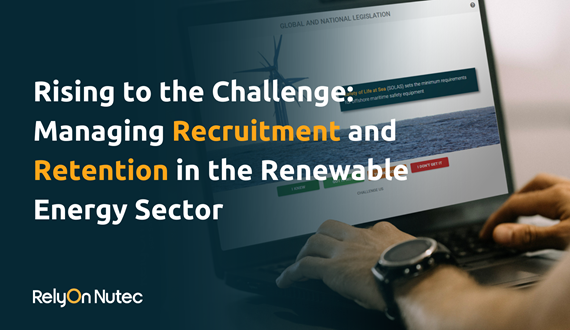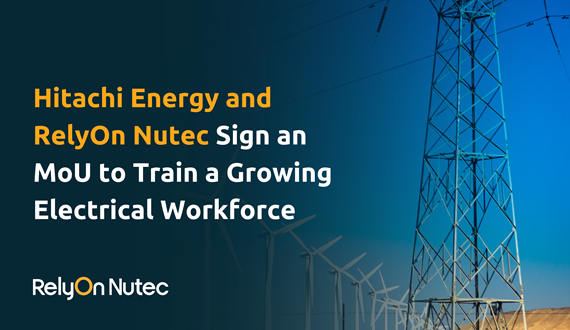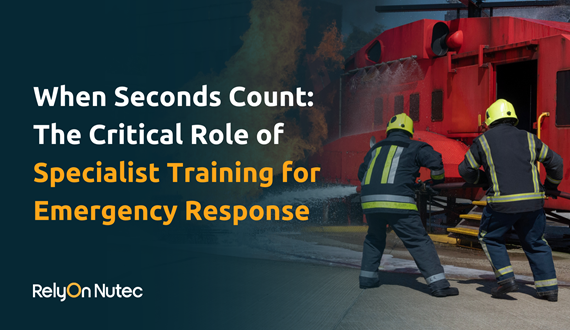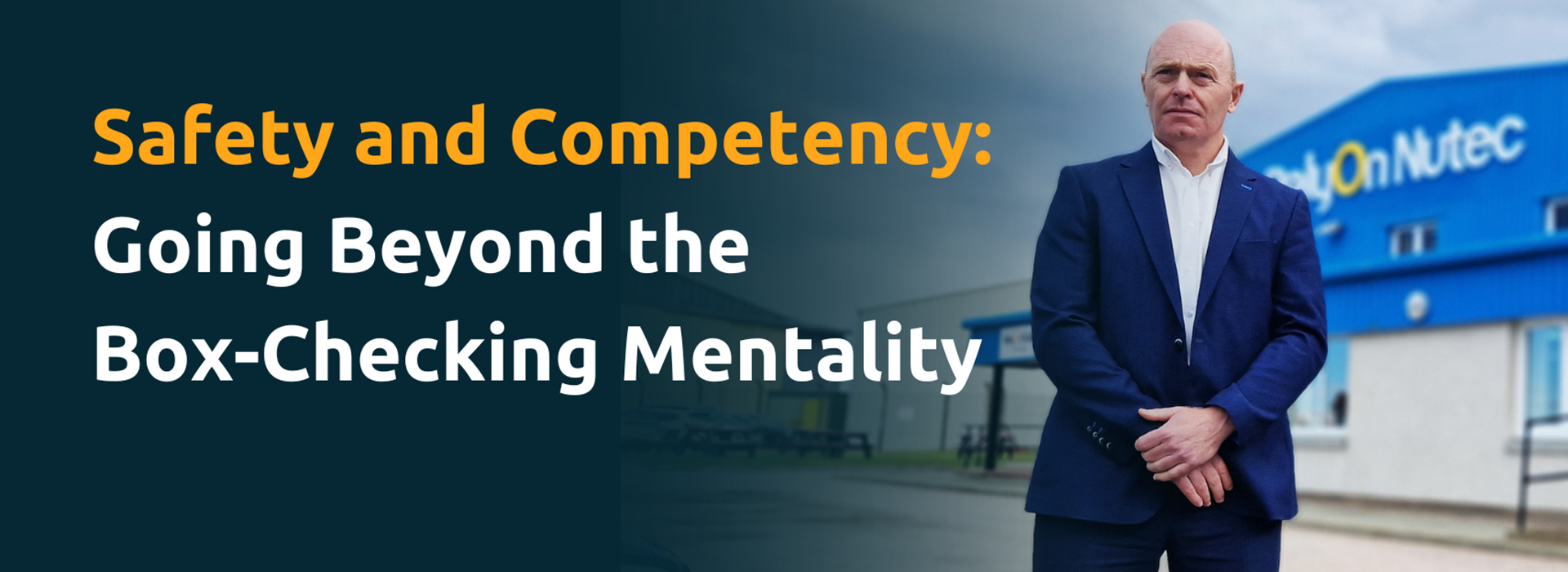Ok
We’re on the eve of a turning point for our energy workforce. With renewable capacity targets growing and energy security challenges becoming more prevalent, there’s never been a better time to align our safety standards to ensure that as a sector we are doing everything that we can to not only meet and address these challenges, but create a safe environment for our people that they want to work in.
As the energy industry evolves with the integration of new sub sectors like CCUS and hydrogen we will continue to see a growing workforce with the capability to work across sectors. With the need for a holistic overhaul of training standards to avoid overcomplicating training of a cross-sector workforce, an agreed approach to competency must be addressed at the same time.
In the shadow of the 35th anniversary of Piper Alpha, a disaster that still looms heavy on the local Aberdeen community to this day, the importance of robust competency frameworks, strong leadership and a common ethos should always be at the forefront. From CEO to intern, safety should be deeply ingrained within the culture of any organisation operating in the energy sector.
What we’re seeing now and will continue to see, is a melting pot of cross-sector teams who are finding their way amid changing regulations and uncertainty of training funding. Particularly in the wind industry, which is still in its relative infancy, but also head and shoulders above CCUS, teams are being pieced together like a jigsaw puzzle that doesn’t always quite fit.
Ongoing talks of the energy skills passport to standardise the cross-sector skills required in oil and gas and renewables is a step in the right direction and shows signs that the sector is going some way to supporting the workforce. But, to really ensure that we stay on top of safety standards, we as a sector need to be monitoring competence, as well as training and qualifications – which alone, are not enough.
Competence Management Systems form the backbone in maintaining the highest levels of safety, compliance and competence, to ensure that training courses do not become a ‘one and done’ exercise, completed just for the sake of the certificate at the end.
While training serves as the initial step towards creating a safe and efficient workforce, it is not the endpoint. Ongoing workplace-based competence assessments are essential for ensuring the continued capability of personnel to carry out the requirements of their jobs.
Competence should be a straightforward process and the growth in popularity of digital systems to manage the competence assurance process, means that photographic and video evidence of tasks carried out at the worksite against specific assessment criteria can be quickly and easily uploaded in real-time. This not only speeds up the assessment process, but it also means all evidence is stored in an accessible online location which can be referred back-to for audit purposes, commercial bids and internal verification purposes.
Ongoing programmes of competence assessment across the energy sector, including oil and gas, wind, CCUS and hydrogen, will play a pivotal role in reinforcing safety practices, and ensuring that every member of the workforce is competent and capable. Only by staying on top of who has recently done which course, and then assessing, verifying and documenting their on-the-job abilities can we truly ensure real safety.
With the energy industry rapidly evolving, prioritising safety and competence is paramount. The legacy of incidents like Piper Alpha has shown that robust competency frameworks, strong leadership, and a unending focus on safety are essential.
At RelyOn, we talk about Safety as One, an ethos that weaves its way through the workforce, from CEO to intern, but also across sectors, from renewables to oil and gas. Our comprehensive solutions go beyond training and give organisations the tools they need to effectively manage their competence and instil a safety culture across all levels. By embracing these principles, organisations can protect their workforce, enhance operational performance, and contribute to the long-term success of the energy sector.
Next read
-

-
 Article 2. May 2024
Article 2. May 2024 -
 Article 8. April 2024
Article 8. April 2024 -

From Investments to Impact: Investing in Green Careers
Amidst a surge in global investment towards the green energy transition, there is an imperative for skilled human capital and robust safety measures. As industries shift towards decarbonization, challenges such as skill shortages and regulatory compliance emerge as pivotal concerns. RelyOn Nutec's modular workforce management platform addresses these challenges by offering comprehensive solutions for managing people and processes ensuring safety and compliance in safety-critical industries.
Article 2. April 2024 -
 Article 21. March 2024
Article 21. March 2024 -

RelyOn Nutec Delivered Strong Performance and Continued the Strategic Transformation in 2023
Copenhagen, 20 March 2024
Article 20. March 2024 -

RelyOn Nutec completes acquisition of Thomson Bridge and accelerates global electrical play
Effective March 15th, RelyOn Nutec has acquired the remaining shares in Thomson Bridge, bringing the ownership to 100%.
Article 15. March 2024 -

When Seconds Count: The Critical Role of Specialist Training for Emergency Response
Cath Liebnitz, Centre Director, RelyOn Nutec UK and Craig Ross, The Fire Training Group
Article 12. March 2024
